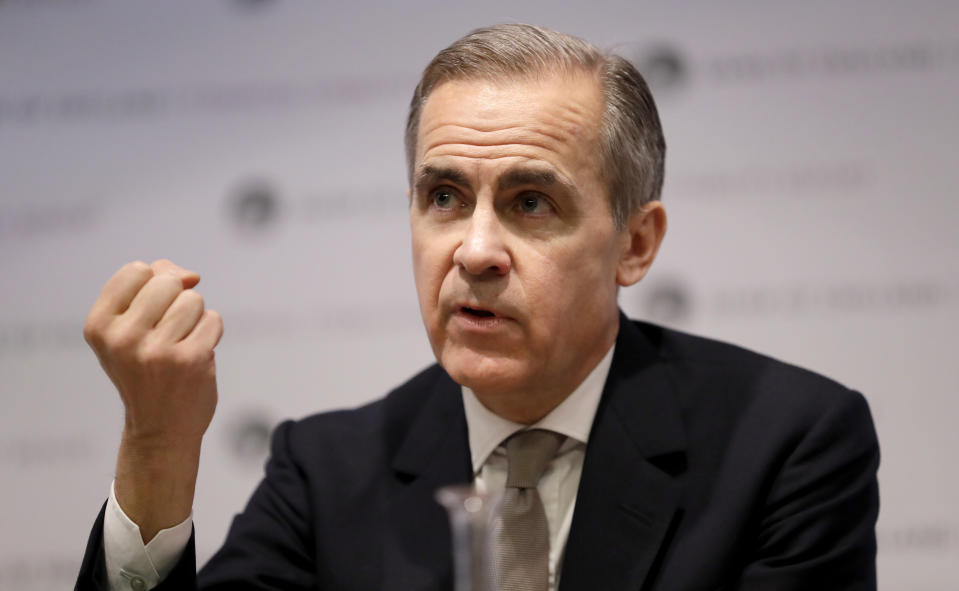Bank of England to assess potential for digital central bank currencies

The Bank of England said on Tuesday that it had created a group with other central banks to assess the potential of central bank-backed digital currencies.
The group includes the Bank of Japan and the European Central Bank, and will join forces with the Bank for International Settlements (BIS), a global institution owned by central banks.
The group will assess the use cases, the economic, functional and technical design choices, and share knowledge on emerging technologies, the Bank of England said.
Amid widespread criticism of Facebook’s (FB) Libra — a digital currency known as a “global stablecoin” — the ECB last year began “exploring the benefits” of central bank-backed digital currencies.
The central bank, which governs the 19-member bloc that uses the euro currency, said it was focusing on the “far-reaching implications for the financial system” that would arise from their introduction.
The plans were welcomed by European Union finance ministers, who in December warned that no Libra-like global stablecoin should launch in the European Union “until the legal, regulatory, and oversight challenges and risks have been adequately identified and addressed.”
READ MORE: Circle CEO's YouTube analogy highlights cryptocurrency and financial system challenges
Central banks are uneasy about the introduction of such currencies that have global ambitions, fearing that they could replace traditional currencies and upend financial systems in the process.
The ministers admitted that they don’t even know “whether and how the existing EU regulatory framework applies” to stablecoins, and that they would need further time to determine what action should be taken.
But a central-bank backed currency would virtually wipe out the attraction of private sector proposals, since people would instead flock to a currency guaranteed by institutions like the ECB and Bank of England.
The new group involving the Bank of England will be co-chaired by Benoît Coeuré, a highly respected former ECB executive board member who is now head of the BIS Innovation Hub, and Jon Cunliffe, deputy governor of the Bank of England.
The BIS had previously announced that Coeuré would work on a plan to create a digital currency that could be used by multiple central banks.
The Switzerland-based institution, launched after World War One to promote closer co-operation between central banks, called Libra a “really bold” challenge and said the Facebook plan had forced central banks “to regroup and to rethink and not to neglect the issue.”

 Yahoo Finance
Yahoo Finance 
